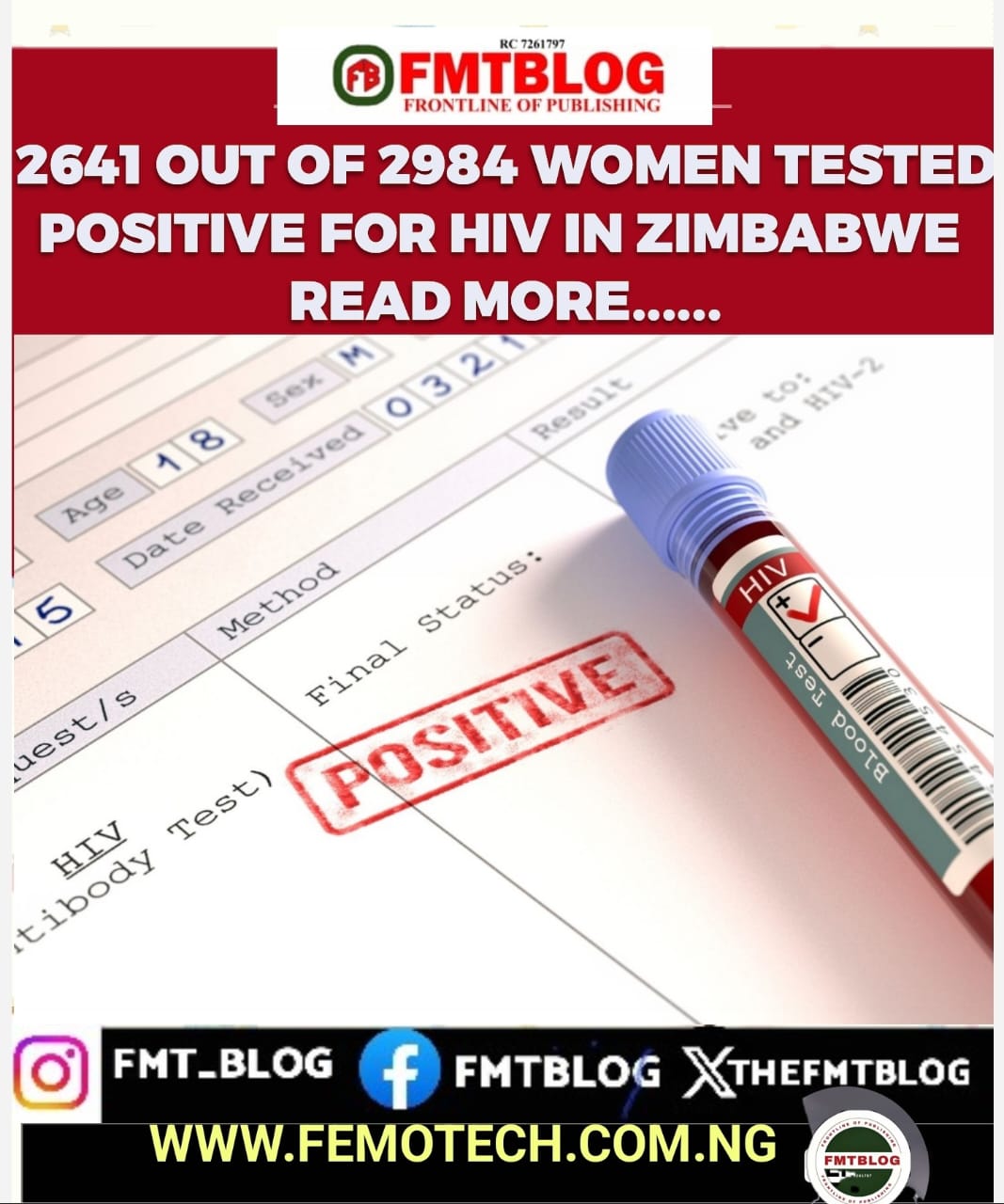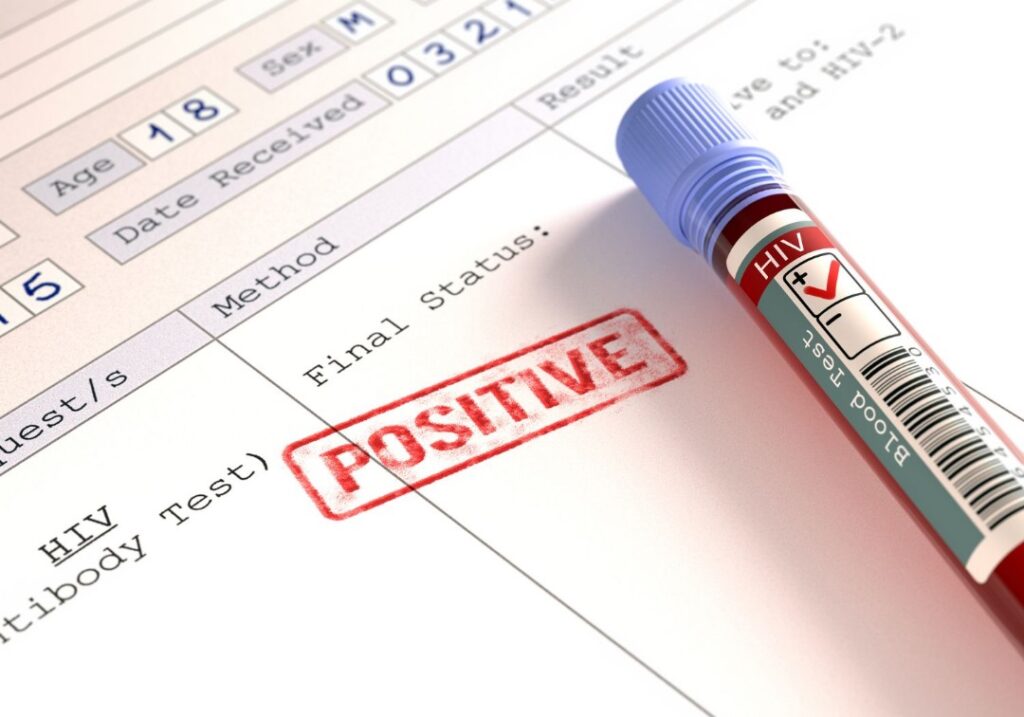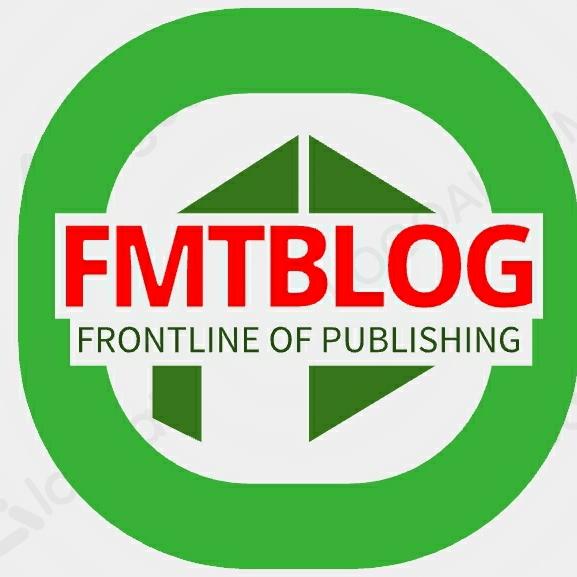
The city of Bulawayo, located in Zimbabwe, is experiencing a shocking HIV crisis, as recent statistics reveal a staggering 90% of women tested for HIV in June were found to be positive.

The Bulawayo City Council (BCC), which reported this surprising data, has emphasized the growing severity of the HIV pandemic in the Matabeleland region.
Out of 2,984 women who were tested, 2,641 women received the tragic news they were HIV positive. This rapid rise in HIV cases across Matabeleland, with Bulawayo experiencing an unprecedented increase, has caused grave concern for the National Aids Council (NAC).
Douglas Moyo, the NAC Bulawayo’s programs officer, attributes this spike to the high mobility of the population in the region. Many residents work in neighbouring countries, particularly South Africa, and unknowingly bring the virus back when they return from work.
The BCC has responded bravely to this escalating crisis, intensifying efforts to provide essential health services across the city.
Clinics now offer expanded support, including cervical and breast cancer screenings, family planning services, and post-exposure prophylaxis for survivors of sexual and gender-based violence.
Nurses and counsellors have also been trained in sign language to ensure inclusivity.
This alarming HIV crisis does not discriminate by age. In June alone, 195 out of 243 women aged 16 to 24 tested HIV positive.
Among women aged 25 to 49, 2,115 out of 2,172 were HIV positive, and in the older age group of 50 and above, 331 out of 569 tested positive.
Under Mayor David Coltart’s leadership, the council is working tirelessly to combat this crisis, conducting six outreach programs and screening 190 women.
Authorities are urging the public to remain vigilant and proactive in their approach to HIV prevention and treatment, specifically given the critical situation in Bulawayo.
The HIV crisis in Bulawayo serves as a stark reminder of the importance of continuous awareness, prevention, and treatment efforts in the face of this global epidemic.



